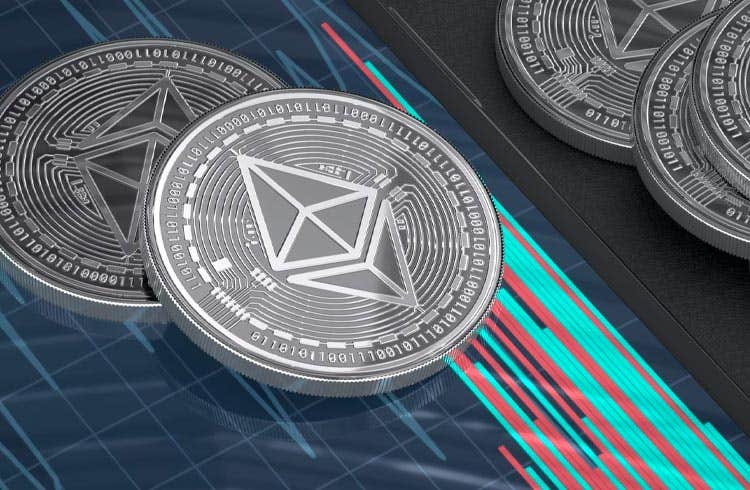Recently, SEC President Gary Gensler explicitly defined cryptocurrencies as a global asset class. He did so during a virtual interview with the European Parliament’s Committee on Economic and Monetary Affairs, during which he shared his recommendations on the regulation of cryptocurrencies. The aim was to promote cooperation between Europe and the United States to try to regulate decentralized financial technologies.
Gary Gensler: Cryptocurrencies are like the internet
But Gensler actually went even further. At one point, he commented on the role that new financial technologies play in the globalized financial system:
“I think the transformation we’re going through could be as big as the internet was in the ’90s.”
Gensler is not the only one who thinks so.
The crypto-community has long assumed that decentralized finance was a potentially epoch-making revolution, especially since, for the first time in history, it was removing the power to make money from politics. Given his role, Gensler is most likely to be interested in other aspects, especially those related to regulation, but these kinds of considerations are not foreign to him.
In the past, he even taught courses at the famous MIT in Boston, where he talked about blockchain and decentralization. During his speech in the European Parliament, he pointed out that crypto markets have no borders and are active 24/7.
BTC mining and regulation
He also talked about the energy consumption of BTC and pointed out that the popularity of PoS cryptocurrencies is growing. However, one of the key points of his speech was related to regulation.
He sees a fundamental need to develop strong regulatory frameworks that would allow some support for cryptocurrencies and related innovations, but to maintain strong investor protection. This will probably be a real problem.
He pointed out, for example, that DeFi platforms allow millions of investors direct access without the presence of intermediaries, and this poses great risks because the sector is full of fraud. In the absence of clear obligations to protect investors, these users are indeed vulnerable.
He also added some concerns about stablecoins, given that almost three quarters of crypto trading volume takes place in these tokens. He even described them as useful help for those who are trying to circumvent various regulations, such as against money laundering and international sanctions.
It is difficult to imagine what kind of cooperation between US and European government agencies could be created to try to regulate decentralized finances, but Gensler’s words clearly reveal not only that institutions now take cryptocurrencies seriously, but that they are also beginning to realize their true revolutionary potential.
Dogecoin mining with Unmineable Step by Step – 2021 guide
- Trillionaire Fund: We expect several countries to adopt Bitcoin - January 2, 2025
- Analyst predicts “Grand Finale” for Altcoins in early 2025 - January 2, 2025
- Dutch crypto analyst: “This is the right time to buy XRP” - January 2, 2025























